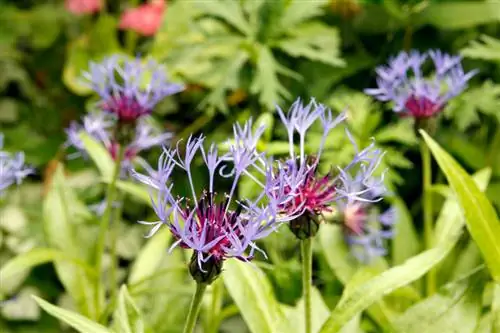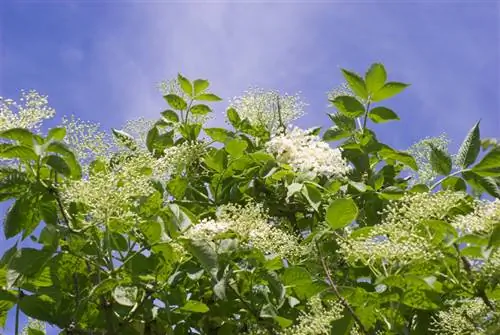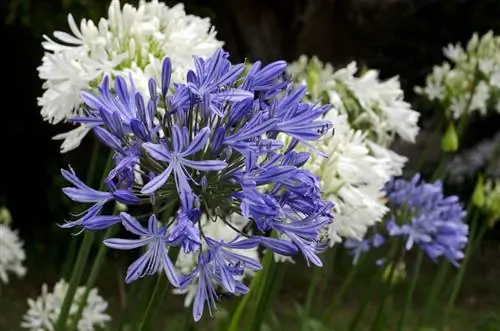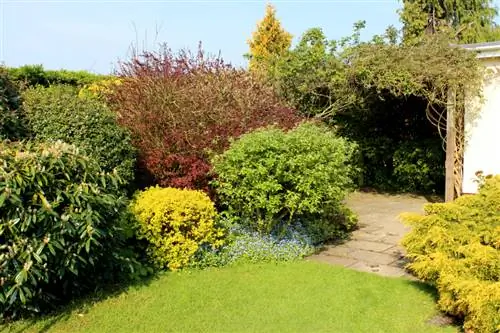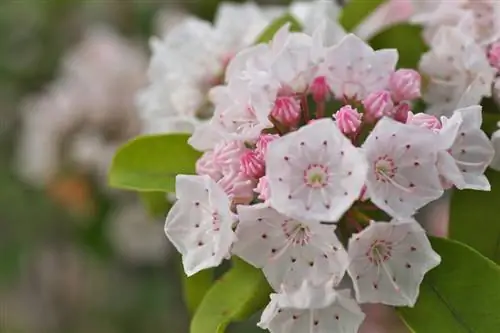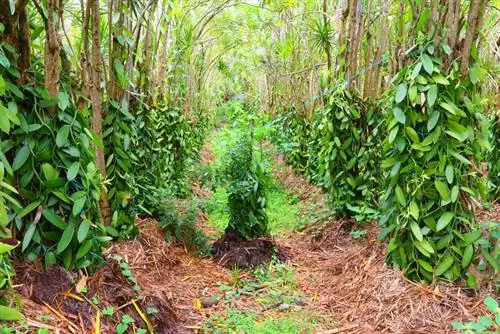- Author admin leonars@hobbygardeners.com.
- Public 2023-12-16 16:46.
- Last modified 2025-01-23 11:20.
Knapweeds - while the wild forms specialize in blue to violet-blue flowers, the cultivated forms even have white and yellow flowers. Whichever variant you have chosen: In order to keep this perennial flowering in its location, care should not be neglected!
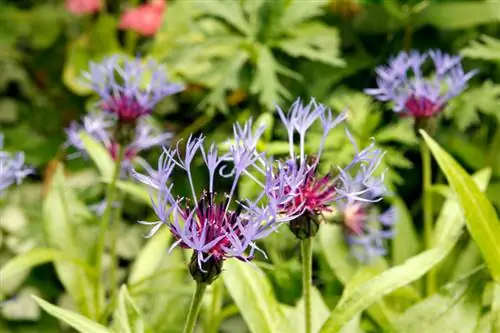
How do I properly care for the knapweed?
To care for the knapweed optimally, you should keep the soil moist and avoid waterlogging, fertilize little or not at all in the first few years, fertilize regularly in the pot and cut it back after flowering and in spring or autumn.
Can this perennial cope with drought?
The knapweed is not a fan of dry times. If there is heat or prolonged dry periods in summer, it will be thirsty and need water. Water them regularly, preferably with rainwater (does not like lime). Watering is not only important for beautiful flowers, but also protects the plant from weakness and the resulting attack by pests and diseases.
The soil should be kept moist, even and moderate. This is especially true for knapweed flowers in pots, for example on the balcony. Make sure that the drainage is suitable so that waterlogging does not occur and water every few days!
Which fertilizers are suitable and must be fertilized?
If the knapweed is planted in a substrate enriched with compost, it can survive for a long time without fertilizer. Then it is not necessarily necessary to add fertilizer in the first two years. However, if this perennial is in a pot, it should be supplied with a conventional liquid fertilizer for flowering plants (€14.00 on Amazon) every 2 weeks during its growing season.
Knapweeds in the open field are happy about a fertilizer application in spring and a second annual fertilizer application in autumn. The following are suitable for fertilizing:
- Compost
- rotten horse manure
- Horn shavings
- Stinging nettle manure
- Comfrey Manure
- Bluegrain
Does the knapweed need pruning?
- Cutting off old flowers has a positive effect on the formation of new flowers
- cut down radically in spring or autumn
- remove old, wilted plant parts regularly
- don't cut too early in autumn (roots suck energy from the leaves and stems)
- Consequence of severe pruning: Better budding
Tip
Pests generally do not attack the knapweed. However, if the weather is humid, downy mildew can be a problem. If you live in a rather humid region, prevent this by fertilizing with a decoction of field horsetail!

